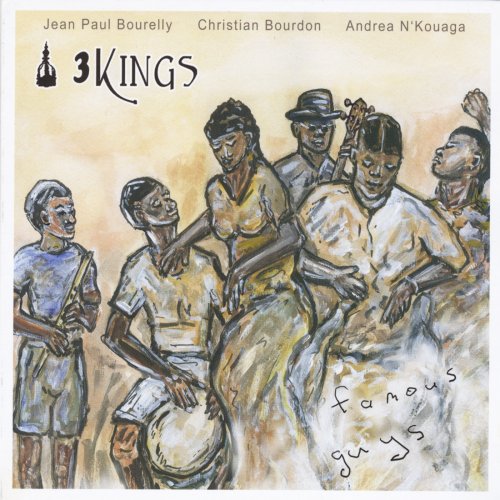Strawbs - A Choice Selection (1992)
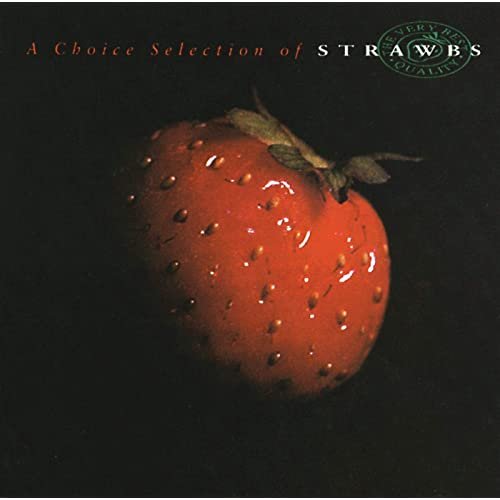
Artist: Strawbs
Title: A Choice Selection
Year Of Release: 1992
Label: A&M Records
Genre: Folk Rock, Pop Rock
Quality: 320 kbps | FLAC (tracks)
Total Time: 01:14:22
Total Size: 171 mb | 415 mb
WebSite: Album Preview
Tracklist:Title: A Choice Selection
Year Of Release: 1992
Label: A&M Records
Genre: Folk Rock, Pop Rock
Quality: 320 kbps | FLAC (tracks)
Total Time: 01:14:22
Total Size: 171 mb | 415 mb
WebSite: Album Preview
01. Strawbs - Lay Down (Album Version)
02. Strawbs - Lemon Pie (Album Version)
03. Strawbs - Lady Fuschia (Album Version)
04. Strawbs - Autumn: Heroine's Theme/Deep Summer's Sleep/The Winter Long (Album Version)
05. Strawbs - A Glimpse Of Heaven (Album Version)
06. Strawbs - The Hangman And The Papist (Album Version)
07. Strawbs - New World (Album Version)
08. Strawbs - Round And Round (Album Version)
09. Strawbs - I Only Want My Love To Grow In You
10. Strawbs - Benedictus (Album Version)
11. Strawbs - Hero And Heroine (Album Version)
12. Strawbs - Song Of A Sad Little Girl (Album Version)
13. Strawbs - Tears And Pavan (Album Version)
14. Strawbs - To Be Free (Album Version)
15. Strawbs - Part Of The Union (Album Version)
16. Strawbs - Down By The Sea (Album Version)
As its title suggests, A Choice Selection of Strawbs is more a cross section of the Strawbs' work, rather than a formal history. It was a handy collection in the early '90s, and it remains a decent place for potential fans to start listening to the group, even though it's long since been supplanted in range by the more expensive Halcyon Days and in sound quality by all of the group's post-1996 reissues of their original albums. There hadn't been a serious Strawbs compilation in print since the end of the 1970s, and this 74-minute, 16-track CD covers their strongest period and many of the most important bases (though not in chronological order). That includes their U.K. hit singles and more limited American successes, many of their most popular LP tracks, and songs representing their growth as an ensemble and founder/leader Dave Cousins as a composer across a six-year period, from 1970 through 1975. It skips over their bluegrass-style roots and early acoustic folk-style recordings, beginning at the point they became a band which is to say, ceased being a three-person folk ensemble and finishes with the end of their stay on A&M Records. Thus, the earliest track is "Song of a Sad Little Girl" with its previously unheard, unedited opening (showcasing Rick Wakeman's playing) from the group's concert at Queen Elizabeth Hall, and Wakeman can also be heard on the oldest song in the group's stage repertoire, "The Hangman and the Papist" off of From the Witchwood at that time, they were a low-amperage folk-rock band that had just switched to electric bass and added drums, and they suddenly had a flamboyant keyboard virtuoso in their midst.
They'd already begun expanding their sound beyond the boundaries of traditional folk; Wakeman's rippling piano work and extended organ excursions, although they were never fully integrated into the group's sound, gave the Strawbs a direction into progressive rock and longer song forms, where they later added an expansive quasi-orchestral timbre to their sound through the work of Wakeman's successors, Blue Weaver and John Hawken. The only real issue is the representation of the songwriting influence of members John Ford and Richard Hudson, who achieved great popularity working within the group and, finding that there wasn't enough room for three songwriters, parlayed that into a separate career their work is limited to the ubiquitous, singalong-style chart-topping U.K. hit single "Part of the Union" and the surreally romantic LP cut "Lady Fuchsia," which the group never performed live missing is their "Heavy Disguises," which was popular enough to be in the group's stage repertoire and was one of the group's catchiest album tracks. Their sound from 1973 on was also influenced by the departure of acoustic guitarist Tony Hooper and Cousins' increasing reliance on electric players with a heavier sound, beginning with Dave Lambert. The post-1973 lineup of the group, which traded more freely in high-wattage hard rock as well as pop/rock sensibilities, while retaining a strong sense of melody, is also given a coherent profile. The annotation is also very informative, with some frank admissions by Cousins concerning the exhaustion, romantic disillusionment, and other maladies of body and heart (as well as some of the joys, where the catchy "Lemon Lady" is concerned) that inspired some of his most striking work as a composer. With an upgrade in sound, this CD would be essential even for veteran fans, and it's still the easiest way into their work and history.
They'd already begun expanding their sound beyond the boundaries of traditional folk; Wakeman's rippling piano work and extended organ excursions, although they were never fully integrated into the group's sound, gave the Strawbs a direction into progressive rock and longer song forms, where they later added an expansive quasi-orchestral timbre to their sound through the work of Wakeman's successors, Blue Weaver and John Hawken. The only real issue is the representation of the songwriting influence of members John Ford and Richard Hudson, who achieved great popularity working within the group and, finding that there wasn't enough room for three songwriters, parlayed that into a separate career their work is limited to the ubiquitous, singalong-style chart-topping U.K. hit single "Part of the Union" and the surreally romantic LP cut "Lady Fuchsia," which the group never performed live missing is their "Heavy Disguises," which was popular enough to be in the group's stage repertoire and was one of the group's catchiest album tracks. Their sound from 1973 on was also influenced by the departure of acoustic guitarist Tony Hooper and Cousins' increasing reliance on electric players with a heavier sound, beginning with Dave Lambert. The post-1973 lineup of the group, which traded more freely in high-wattage hard rock as well as pop/rock sensibilities, while retaining a strong sense of melody, is also given a coherent profile. The annotation is also very informative, with some frank admissions by Cousins concerning the exhaustion, romantic disillusionment, and other maladies of body and heart (as well as some of the joys, where the catchy "Lemon Lady" is concerned) that inspired some of his most striking work as a composer. With an upgrade in sound, this CD would be essential even for veteran fans, and it's still the easiest way into their work and history.
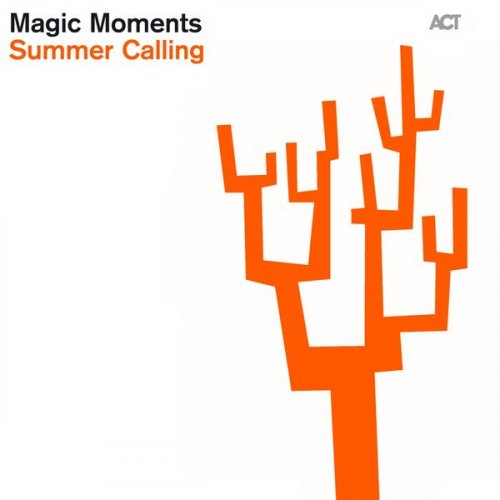
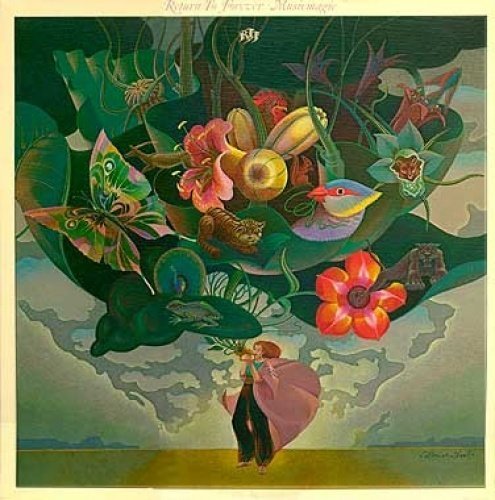
![Art Pepper - Everything Happens To Me: 1959 - Live At The Cellar (2026) [Hi-Res] Art Pepper - Everything Happens To Me: 1959 - Live At The Cellar (2026) [Hi-Res]](https://www.dibpic.com/uploads/posts/2026-02/1771405170_fcwg7jmt6mou1_600.jpg)
![Mantovani & His Orchestra - The Greatest Gift Is Love (1975/2026) [Hi-Res] Mantovani & His Orchestra - The Greatest Gift Is Love (1975/2026) [Hi-Res]](https://www.dibpic.com/uploads/posts/2026-02/1771524770_cover.jpg)

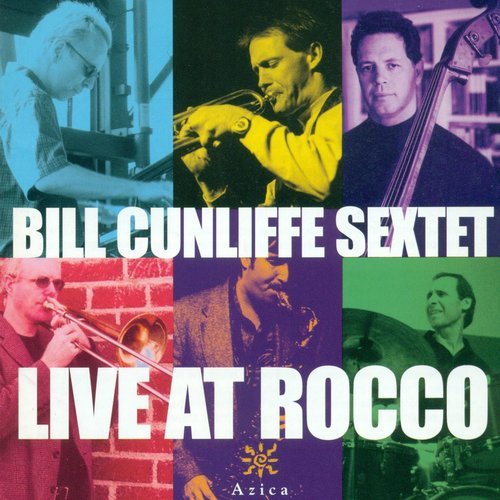

![Youn Sun Nah - Lost Pieces (2026) [Hi-Res] Youn Sun Nah - Lost Pieces (2026) [Hi-Res]](https://www.dibpic.com/uploads/posts/2026-02/1771413579_1.jpg)
